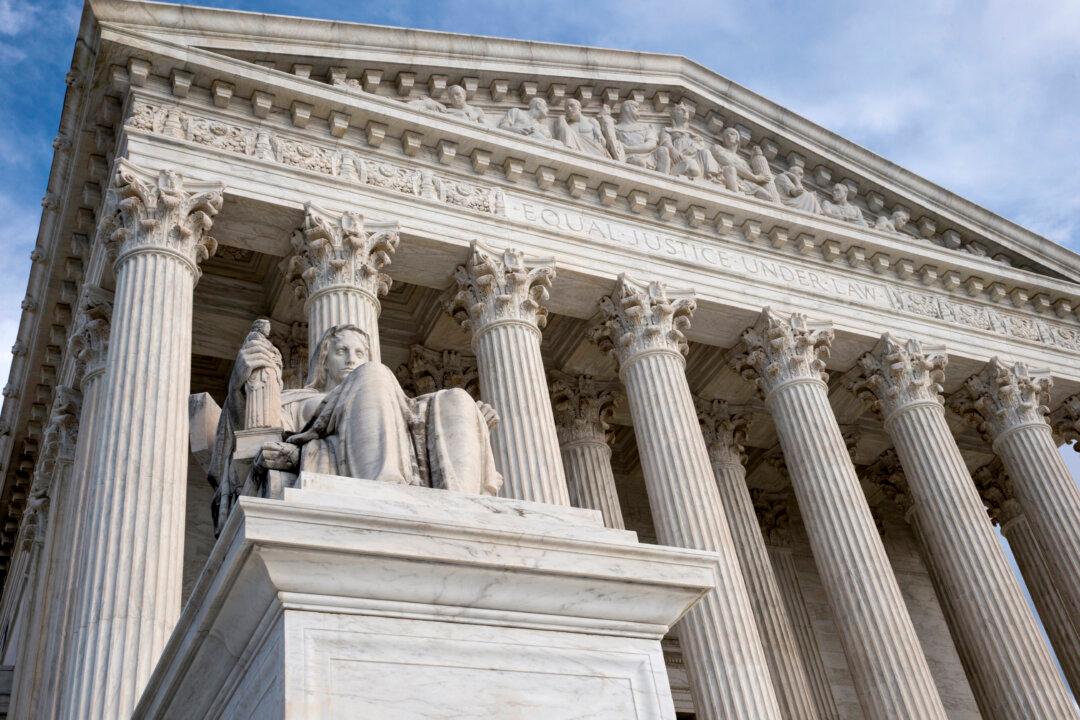Under a request from the U.S. Department of Justice, the Supreme Court decided to expand the FBI’s hacking authority on April 28.
The rule changes by the country’s highest court allows U.S. judges to issue warrants to federal officials allowing them to access, seize, or copy electronically stored information in any jurisdiction within the United States.
Peter Carr, spokesman for the Department of Justice said in a statement, “Criminals now have ready access to sophisticated anonymizing technologies to conceal their identity while they engage in crime over the Internet, and the use of remote searches is often the only mechanism available to law enforcement to identify and apprehend them.”
But, there was backlash on the rule changes.
The American Civil Liberties Union (ACLU) and Google had both released statements against the proposed change in 2014 and last year.
Meanwhile, Sen. Ron Wyden (D-Ore) called on Congress to reject the amendments.
“These amendments will have significant consequences for Americans’ privacy and the scope of the government’s powers to conduct remote surveillance and searches of electronic devices,” said Sen. Wyden after the rule change.
However, the Department of Justice says the amendments would not “authorize the government to undertake any search or seizure or use any remote search technique not already permitted under current law.”
The Justice Department also said the change would not allow any additional authority to conduct searches outside the country.
Congress has until Dec. 1 to respond to the Supreme Court’s amendments to Rule 41 of the Federal Rules of Criminal Procedure. Congress may refuse the change or allow it. However, if Congress does not act, the change will be under effect automatically.
The Rule 41 changes by the Supreme Court comes after controversial clashes over privacy.
The Justice Department recently dropped a legal fight to force Apple to help break into an iPhone used by one of the San Bernardino mass shooters. After Apple declined to cooperate, citing privacy concerns, the FBI sought help from a third party and was able to hack into the phone. Apple has since vowed to strengthen its security features.




